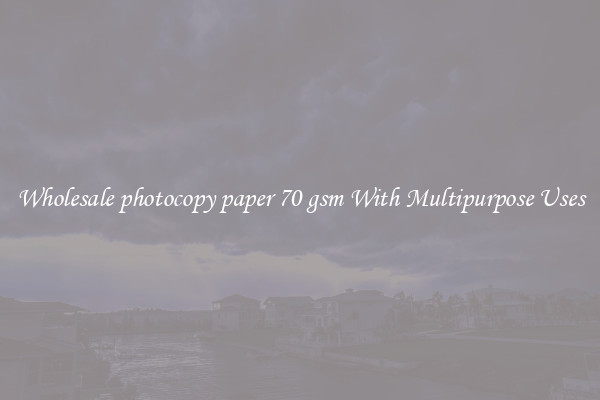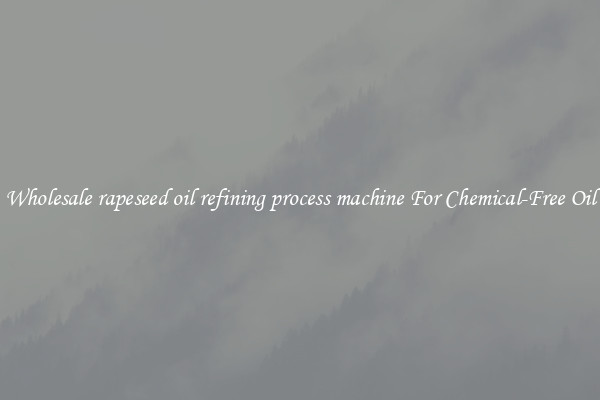Recycled, Multipurpose & Durable textiles nonwovens distribution
Recycled, Multipurpose & Durable Textiles Nonwovens Distribution

In recent years, there has been a growing focus on sustainable and eco-friendly practices in various industries. One industry that has made considerable progress in this regard is the textiles industry. With a rise in consumer awareness about the environmental impact of textile waste, there has been a shift towards using recycled, multipurpose, and durable textiles nonwovens.
Nonwovens are a type of textile material that is made by bonding or interlocking fibers together, rather than weaving or knitting them. This unique characteristic makes nonwovens highly versatile and suitable for a wide range of applications. From medical and hygiene products to automotive and geotextiles, nonwovens have found their way into numerous industries.
However, the focus on sustainability has prompted the development of nonwovens made from recycled materials. These materials are derived from post-consumer waste such as plastic bottles, discarded clothing, and other textile scraps. By repurposing these materials, the textiles industry contributes to the reduction of waste sent to landfills, as well as the conservation of natural resources.
The distribution of recycled textiles nonwovens is an essential part of this sustainable process. Companies specializing in this industry ensure that the recycled materials are sorted, cleaned, and processed to meet the required standards. The final product is then distributed to manufacturers who use it as a raw material in their production processes.
One significant advantage of recycled, multipurpose, and durable textiles nonwovens is their long lifespan. These textiles are designed to withstand wear and tear, making them ideal for products that require durability, such as automotive upholstery, construction materials, and geotextiles for erosion control. By using these textiles, manufacturers can reduce the need for frequent replacements, ultimately leading to less waste generation.
Moreover, the versatility of nonwovens allows for their use in various applications, further enhancing their environmental impact. From personal protective equipment to home furnishings, nonwovens can replace conventional textiles while providing the same, if not better, functionality. This versatility opens up new possibilities for sustainable design and manufacturing practices.
The distribution of recycled textiles nonwovens also plays a crucial role in creating a circular economy. By repurposing waste materials into valuable resources, this approach minimizes the extraction of raw materials and reduces the carbon footprint associated with their production. Additionally, as the demand for recycled textiles nonwovens increases, more jobs are created in the recycling and manufacturing sectors, contributing to local economies.
In conclusion, the distribution of recycled, multipurpose, and durable textiles nonwovens is a vital step towards a more sustainable textiles industry. By repurposing waste materials into high-quality products, this approach helps reduce waste generation and conserve natural resources. Moreover, the versatility and durability of nonwovens allow for their use in a wide range of applications, opening opportunities for sustainable design and manufacturing practices. As the demand for these textiles grows, so does the potential for a more environmentally friendly and economically prosperous future.

View details

View details

View details

View details








